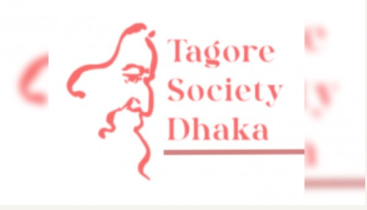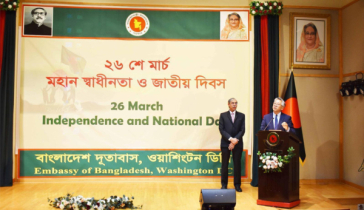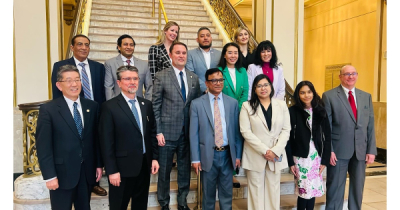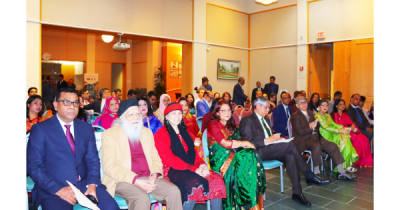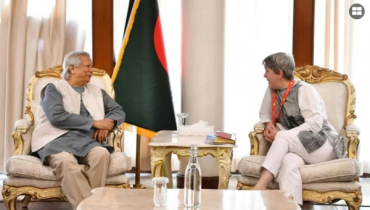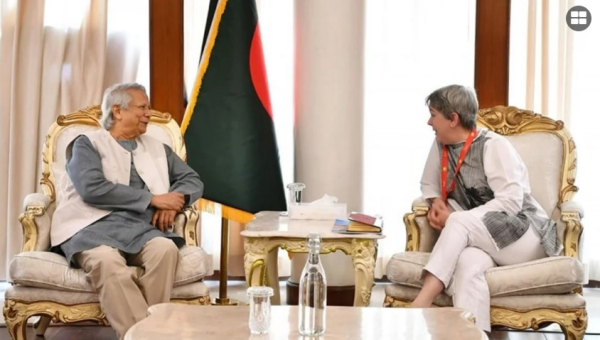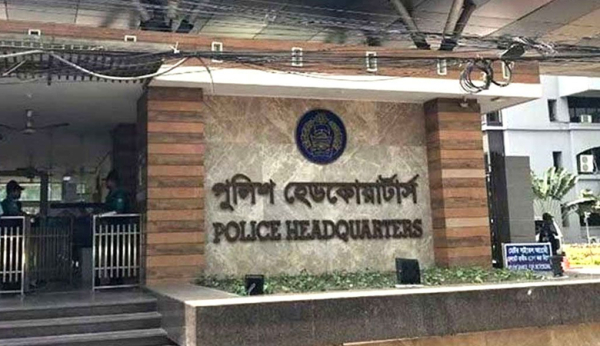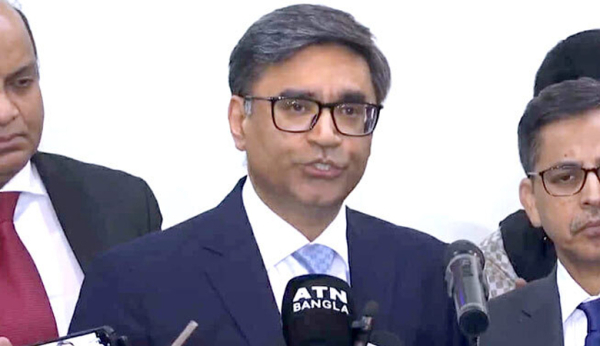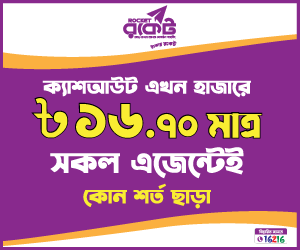Online Training Course on Cyber Diplomacy
Online Training Course on Cyber Diplomacy
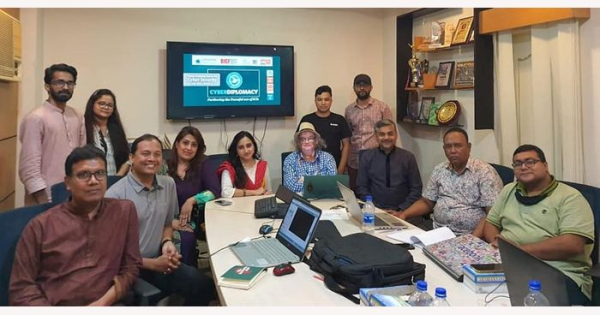 |
An online Training Course on Cyber Diplomacy. "Furthering the Peaceful use of ICTs". Course Initiated by United Nations Office for Disarmament Affairs. Course Organized by Bangladesh Internet Governance Forum (BIGF). In Collaboration with Bangladesh NGOs Network for Radio and Communication (BNNRC) at the Computer Jagat office. A total of 12 participants attended the Training. Mr. Rezaul Islam of BGD-e-Gov BD-CIRT and BNNRC CEO AHM Bazlur Rahman jointly conducted the training. The BIGF Secretary General Mohammad Abdul Haque Anu welcomed the participants in the training. After the training participants received.
Few technologies have been as powerful as information and communications technologies in reshaping economies, societies and international relations. Cyberspace touches every aspect of our lives. The benefits are enormous, but they do not come without risk. The global ICT environment is facing a dramatic increase in the malicious use of ICTs by State and non-State actors. The misuse of ICTs poses a risk for all States and may harm international peace and security.
The issue of information security has been on the agenda of the United Nations since 1998, when a draft resolution on the subject was introduced at the First Committee of the UN General Assembly. Since 2004, five Groups of Governmental Experts (GGE) have continued to study the threats posed by the use of ICTs in the context of international security and how these threats should be addressed. Three of these Groups have agreed on substantive reports with conclusions and recommendations that have been welcomed by all UN Member States.
This course aims to enhance the understanding, particularly of the 2013 and 2015 GGE reports by addressing the five pillars of the GGE reports: existing and emerging threats; how international law applies to the use of ICTs; norms, rules and principles for the responsible behavior of States; confidence-building measures; and international cooperation and assistance in ICT security and capacity-building.
Together, these pillars form an important framework to further the peaceful use of ICTs. The course, therefore, unpacks these pillars by explaining the key concepts, providing examples and interviews with relevant experts and offering interactive exercises to apply what has been learned. After having completed the course, the participant will be familiar with the assessments and recommendations at the United Nations to promote an open, secure, stable, accessible and peaceful ICT environment.

আরও পড়ুন

জনপ্রিয়
- Harvard professor to join McWeadon-Faith Bangladesh Webinar on e-learning
- Bangladeshi-American to be first South Asian Lt Commander in NYPD
- Maria Howlader made new Chair of SAFA Women Leadership Committee
- Intl Girls in ICT Day
Virtual roundtable on Accelerating Digital Inclusion for Girls held - JMI brings first Bangladeshi-branded KN95 masks
- Professor Zahir receives `Most Outstanding Professor’ Award
- C-BED Programme Launched in Bangladesh
- Foreign ministry issues 8-pnt statement over Rohingya relocation
- Symphony launches new Smartphone Symphony Z30 Pro
- Vitol’s trades cause LNG prices soaring, BD affected



